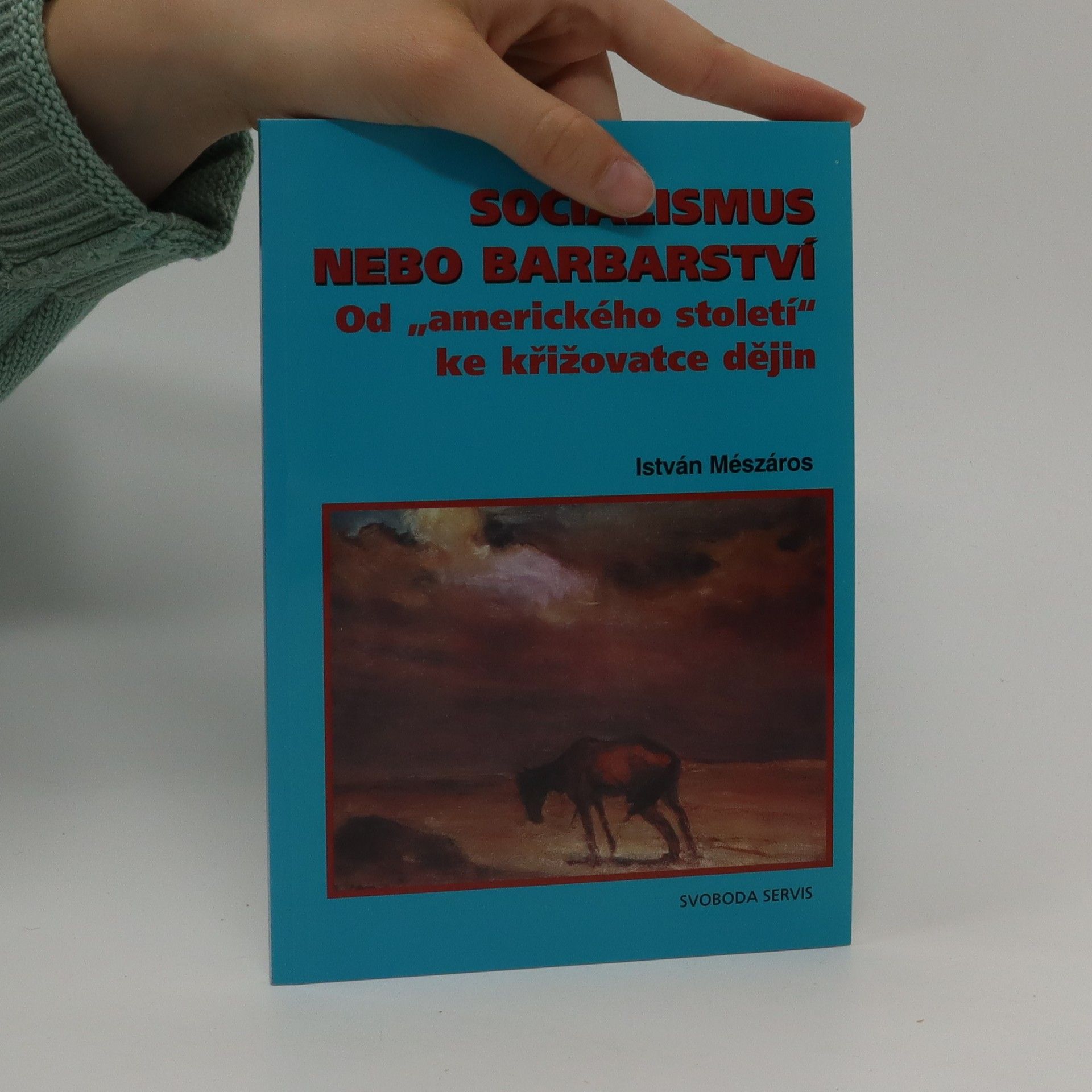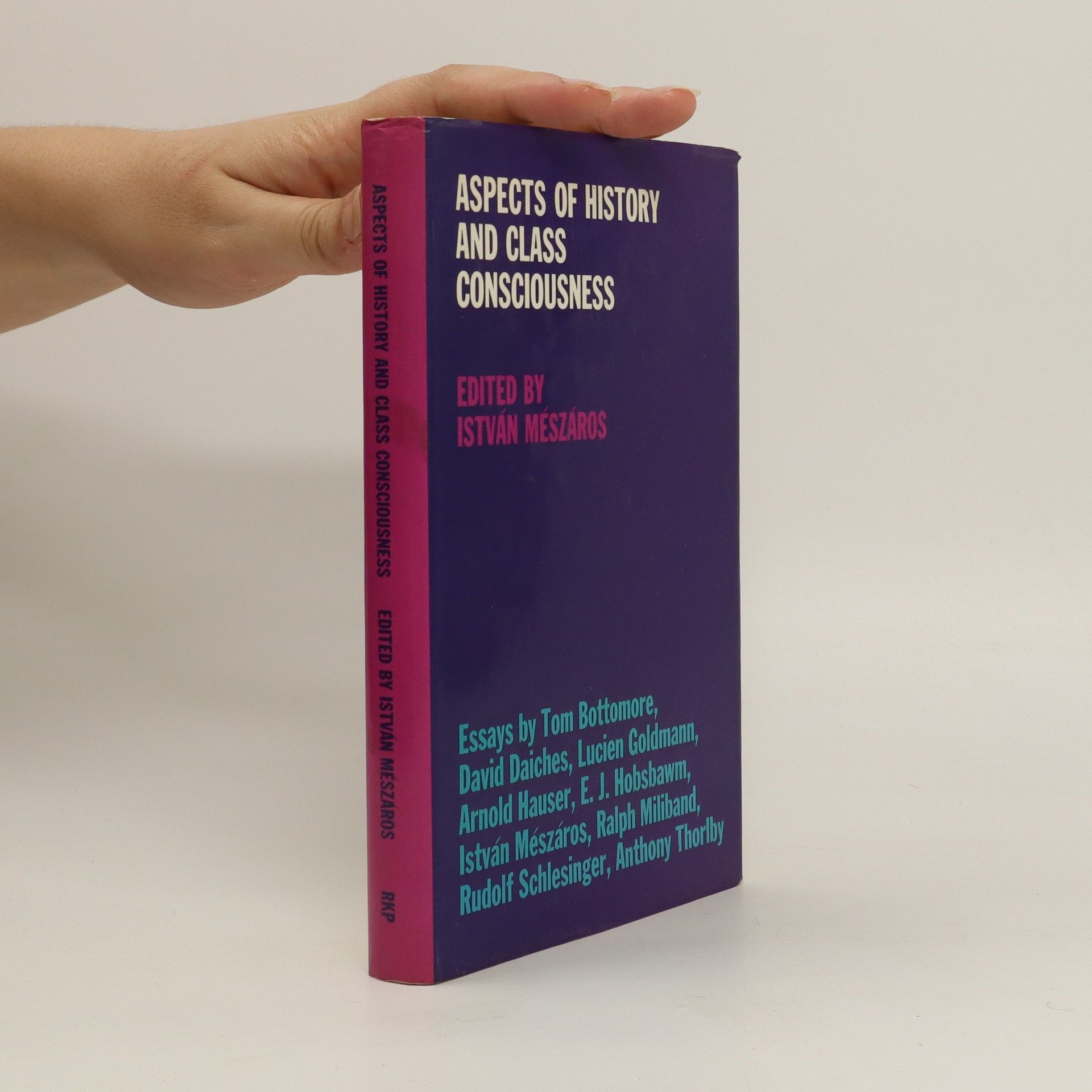A field-defining masterwork, this posthumous publication maps the evolution of the idea of the state from ancient Greece to today István Mészáros was one of the greatest political theorists of the twentieth century. Left unfinished at the time of his death, Beyond Leviathan is written on the magisterial scale of his previous book, Beyond Capital, and meant to complement that work. It focuses on the transcendence of the state, along with the transcendence of capital and alienated labor, while traversing the history of political theory from Plato to the present. Aristotle, More, Machiavelli, and Vico are only a few of the thinkers discussed in depth. The larger objective of this work is no less than to develop a full-edged critique of the state, in the Marxian tradition, and set against the critique of capital. Not only does it provide, for the first time, an all-embracing Marxian theory of the state, it gives new political meaning to the notion of “the withering away of the state.” In his definitive, seminal work, Mészáros seeks to illuminate the political preconditions for a society of substantive equality and substantive democracy.
István Mészáros Livres
Cet auteur explore de profondes questions philosophiques, son œuvre étant profondément ancrée dans la tradition marxiste. Sa carrière universitaire, y compris de nombreux postes de professeur, a façonné sa trajectoire intellectuelle. Exilé de sa Hongrie natale après 1956, sa pensée s'est enrichie d'expériences européennes, donnant lieu à un corps considérable d'œuvres publiées. Son approche combine une analyse philosophique rigoureuse avec un commentaire social critique.





The various contributions in this book, originally published in 1971, discuss many aspects of the complex subject of history and class consciousness, and the themes that are dealt with are all inter-related. The papers range from history and sociology, through political theory and philosophy, to art criticism and literary criticism. Georg Lukács’ classic work History and Class Consciousness, is discussed in several of the essays, and the volume is prefaced by a letter from Georg Lukács to István Mészáros.
Socialismus nebo barbarství. Od "amerického století" ke křižovatce dějin
- 100pages
- 4 heures de lecture
Od amerického století ke křižovatce dějín. Kritická analýza současného kapitalismu vychází z Marxovy teorie kapitálu. Autor dokazuje, že kapitalismus v éře globalizace dosáhl své konečné destruktivní fáze a že jako systém ohrožuje samotnou existenci lidské civilizace. Zdůrazňuje, že úkolem socialistického hnutí v současnosti je vytvořit reálnou alternativu vývoje a najít východisko z této krize. Ostré kritice podrobil autor také politiku USA, která je, podle jeho názoru, ztělesněním globálního kapitalismu a svou ekonomickou a vojenskou převahou ovládá mezinárodní politiku. Tu podřizuje výhradně svým zájmům. Autor se v těchto úvahách vrací k tezi R. Luxemburgové ("socialismus nebo barbarství"), kterou považuje za mimořádně aktuální.